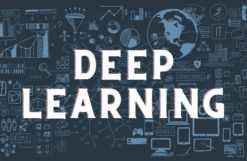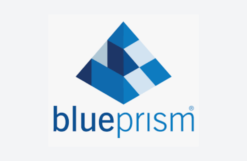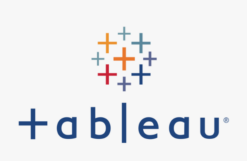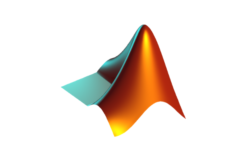Duration: 5 days – 35 hrs
Overview
Applied AI with Deep Learning Training Course is designed to provide participants with practical knowledge and skills in applying artificial intelligence techniques using deep learning algorithms. This course covers essential concepts, hands-on exercises, and real-world examples to enable participants to develop and deploy AI models using deep learning frameworks. Participants will learn how to analyze data, build deep neural networks, and optimize models for various applications such as computer vision, natural language processing, and recommendation systems.
Objectives
- Understand the fundamentals of deep learning and its applications in AI.
- Apply deep learning frameworks such as TensorFlow or PyTorch for developing AI models.
- Build and train deep neural networks for classification, regression, and other tasks.
- Implement convolutional neural networks (CNNs) for computer vision applications.
- Utilize recurrent neural networks (RNNs) for natural language processing tasks.
- Optimize and fine-tune deep learning models for improved performance.
- Deploy and integrate AI models into real-world applications.
Audience
- Data scientists and machine learning practitioners looking to apply deep learning techniques in their work.
- Software developers interested in leveraging deep learning for AI applications.
- Professionals seeking to enhance their understanding and practical skills in applied AI and deep learning.
- AI enthusiasts and researchers looking to apply deep learning algorithms to solve real-world problems.
Pre- requisites
- Prior knowledge of machine learning concepts and algorithms.
- Familiarity with a programming language such as Python and basic understanding of TensorFlow or PyTorch.
- Understanding of linear algebra and calculus is beneficial.
Course Content
Module 1: Introduction to Applied AI and Deep Learnin
- Overview of applied AI and its applications
- Introduction to deep learning concepts and architectures
- Setting up the deep learning environment (frameworks, libraries, etc.)
- Neural network fundamentals and activation functions
Module 2: Data Preprocessing and Feature Engineering
- Data cleaning, normalization, and transformation techniques
- Feature extraction and selection methods
- Handling missing data and outliers
- Exploratory data analysis and visualization
Module 3: Deep Neural Networks and Model Development
- Building and training deep neural networks
- Activation functions and loss functions
- Regularization techniques for preventing overfitting
- Hyperparameter tuning and model selection
Module 4: Computer Vision with Convolutional Neural Networks (CNNs)
- Understanding CNN architecture and its components
- Image preprocessing and augmentation techniques
- Implementing CNNs for image classification and object detection
- Transfer learning and fine-tuning with CNNs
Module 5: Natural Language Processing (NLP) with Recurrent Neural Networks (RNNs)
- Introduction to RNNs and their applications in NLP
- Understanding LSTM and GRU cells for memory in RNNs
- Sentiment analysis and text classification using RNNs
- Text generation and language modeling with RNNs
Module 6: Advanced Topics in Deep Learning
- Generative adversarial networks (GANs) and their applications
- Reinforcement learning for AI applications
- Model optimization techniques and advanced architectures
- Interpreting and visualizing deep learning models
Module 7: Deploying and Integrating AI Models
- Model deployment strategies and considerations
- Integrating AI models into web or mobile applications
- Ethical considerations in AI and responsible AI practices












